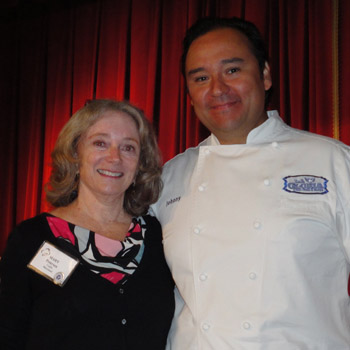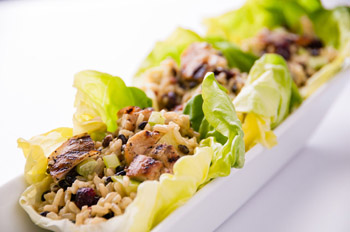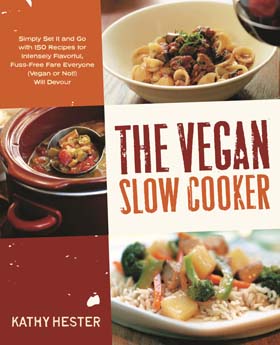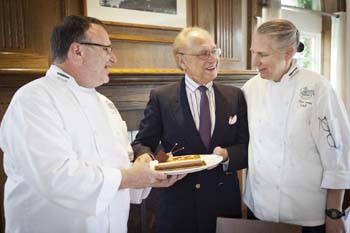The Institute of Culinary Education Provides Curriculum for Fall 2012 Launch in Russia
 The Institute of Culinary Education (ICE) in New York City announces a co-venture with Russian-based Dve Palochki restaurant group to open a series of culinary schools under the name SWISSAM Hospitality Business School. The first school is scheduled to open in St. Petersburg in September 2012 and a second location in Moscow during 2013. The third partner in the SWISSAM venture is IMI, a hospitality college based in Lucerne, Switzerland.
The Institute of Culinary Education (ICE) in New York City announces a co-venture with Russian-based Dve Palochki restaurant group to open a series of culinary schools under the name SWISSAM Hospitality Business School. The first school is scheduled to open in St. Petersburg in September 2012 and a second location in Moscow during 2013. The third partner in the SWISSAM venture is IMI, a hospitality college based in Lucerne, Switzerland.
Dve Palochki, which operates more than 35 pan-Asian eateries in Russia, believes that the culinary- and hospitality-education market is underdeveloped in its country. The SWISSAM schools are designed to address that need through training students using curriculum from ICE for careers anywhere in the world, from hotels and resorts to high-end restaurants, caterers and cruise ships.

 Chef Johnny Hernandez inspires foodservice educators at the 2012 CAFÉ Leadership Conference in San Antonio.
Chef Johnny Hernandez inspires foodservice educators at the 2012 CAFÉ Leadership Conference in San Antonio. Based on Mintel research, as age increases, so does the likelihood that adults are maintaining a mostly healthy diet.
Based on Mintel research, as age increases, so does the likelihood that adults are maintaining a mostly healthy diet. Measuring digestibility, researchers find almonds provide 20% fewer calories than labels state. The results might have implications for other foods, as well.
Measuring digestibility, researchers find almonds provide 20% fewer calories than labels state. The results might have implications for other foods, as well. So Americans don’t cook anymore? That used to be true. The current economic climate has wrought good news for publishers of consumer cookbooks as U.S. households eat more meals at home, reports NPD.
So Americans don’t cook anymore? That used to be true. The current economic climate has wrought good news for publishers of consumer cookbooks as U.S. households eat more meals at home, reports NPD. One-third of the nation’s population 19 years old and younger is expected to be Latino by 2015. A Dallas-based pizza chain is already preparing for the slew of new customers.
One-third of the nation’s population 19 years old and younger is expected to be Latino by 2015. A Dallas-based pizza chain is already preparing for the slew of new customers. Legendary pastry chef and baker Dieter Schorner continues to teach undergraduates at the CIA every day.
Legendary pastry chef and baker Dieter Schorner continues to teach undergraduates at the CIA every day. In an era of social networking, having real conversations and deepening your connections with people takes skill and will. But the byproducts are new energy and excitement—and being heard.
In an era of social networking, having real conversations and deepening your connections with people takes skill and will. But the byproducts are new energy and excitement—and being heard. Here are the remaining five of 10 critical things you must teach your students if you want them to earn meaningful jobs, plus some sound advice on how to interact with potential employers.
Here are the remaining five of 10 critical things you must teach your students if you want them to earn meaningful jobs, plus some sound advice on how to interact with potential employers.